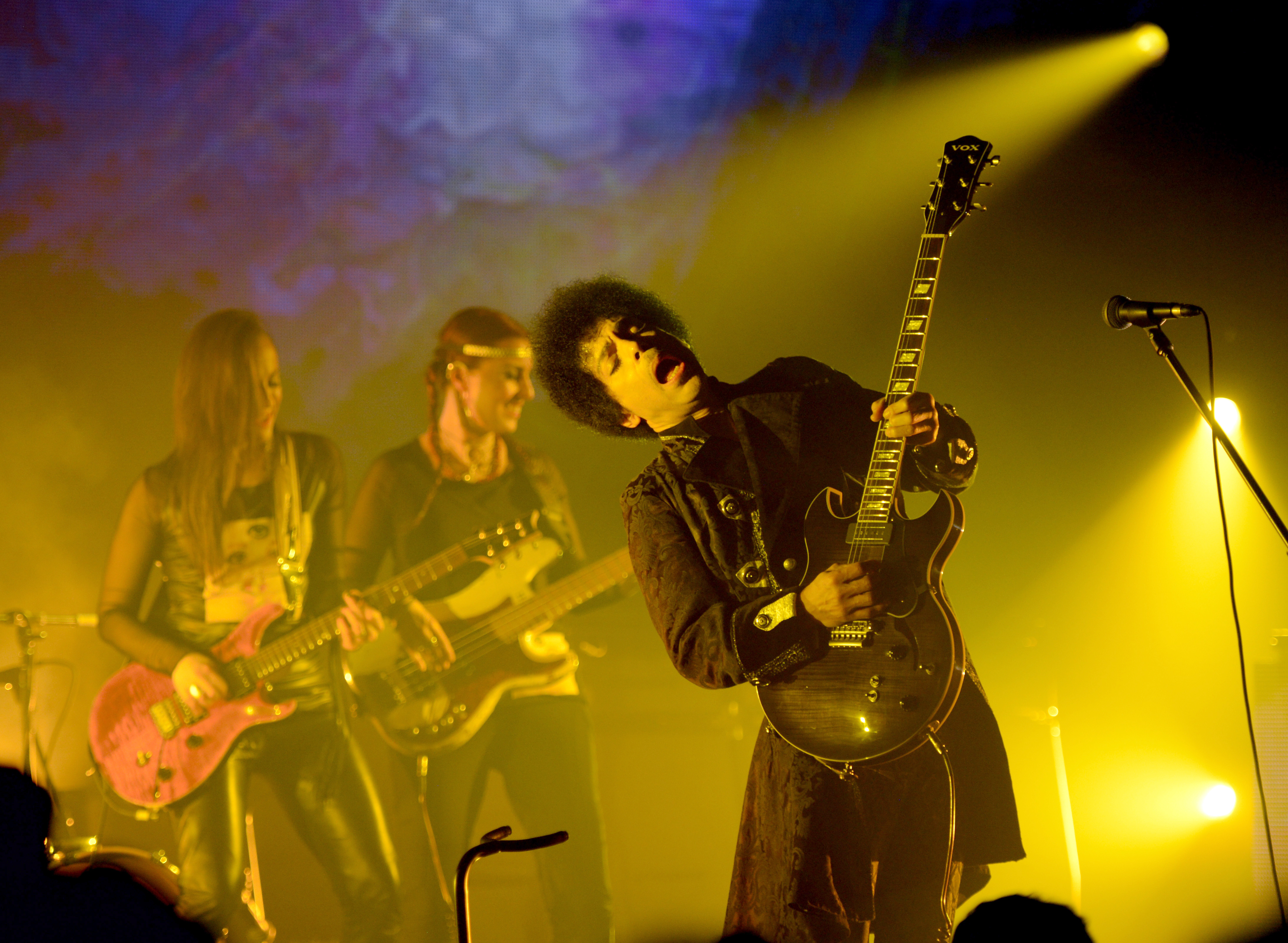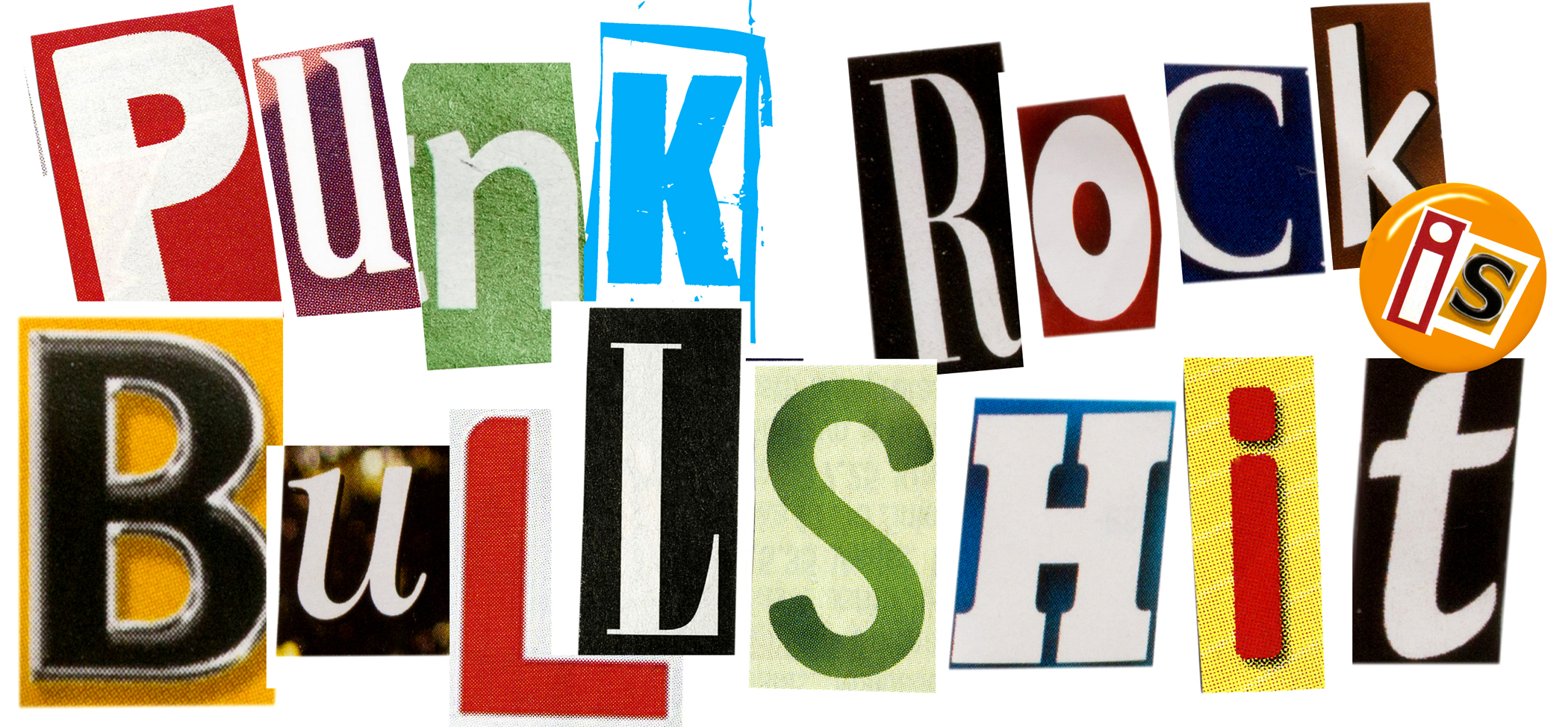John Roderick is the singer and songwriter responsible for Seattle’s the Long Winters. His column appears every Tuesday on Reverb.I’ve never been much of a John Cougar fan. I instinctively mistrusted “Jack and Diane” the first time I heard it, at age 13, just as I’d instinctively loved Tom Petty’s “Refugee” a couple of years earlier. I might have been inside a Tastee Freez the first time I heard it, playing Dig-Dug, drinking Dr. Pepper, watching girls. From that standpoint, I was the target audience, and should have identified with the song completely, dreaming of Diane sitting on my lap with my hands between her knees. But I couldn’t get past the “sucking on a chili dog” line, not just because sucking on a chili dog was a repulsive image, but because no one would ever actually say that. I could tell it was fake, calculated to sound cool, colloquial, tough, and flippant. “Yeah, man, I was just sucking on a chili dog, man.” What a load of bull! It was a story song, meant to evoke a simpler time, meant to make us feel a little sentimental. But during the Reagan years, a whole lot of energy went into sentimentalizing the American experience and feeding it back to us in little flag-draped chunks. “Jack and Diane” wasn’t the worst example, but it permanently robbed chili dogs of a little of their dignity.A few years later, John Cougar became John “Cougar” Mellencamp, and again I just rolled my teenage eyes. You pick a stage name, man, and you stick with it. There’s nothing wrong with being called John Cougar, nothing wrong even if the name was picked for you by an unscrupulous and cynical entertainment lawyer. The only reason to change it, to tack on your real name after the fact, is if you felt like you weren’t being taken seriously, or weren’t being taken seriously enough. He said “No, man, my name isn’t Cougar, it’s Mellencamp” as though he wasn’t going to be forced to deny his Mellencamp heritage any more! As though the white man had kept his people down long enough, but now he was famous and he wasn’t going to hide. That’s right, racists, the name’s MELLENCAMP! How you like me now? (Except I’m keeping the Cougar in there just in case it helps. But I’m going to gradually PHASE IT OUT! HA!) Once again, my bullshit detector wasn’t having it.Honestly, those mid-’80s John Cougar Mellencamp hits were great tunes, so heroic and straightforward you would have to have a fundamental problem with rock and roll to hate them completely. Better than old, soggy Bob Seger, better than coked-out Billy Joel. “Pink Houses,” “Lonely Ol’ Night,” and “Paper in Fire” are classics. Just as Springsteen was for people uncomfortable with Dylan’s ambiguity, Mellencamp was for the remaining people who couldn’t keep up with Springsteen’s truck-stop intellectuality. He played an important role. That whole generation of musicians was competing to see who could write a song that said “I hate Japanese cars!” without sounding racist, and Mellencamp did it best. He choked every cliche, putting old men on porches, hardworking men in unemployment lines, and waitresses with the wisdom of sages under mountains of bills. He practically tortured his characters, crippling them and abusing them with every modern malady, while all those honest folks wanted was to go back to good old small-town America, before the Japanese took their jobs, before Vietnam and the civil-rights movement confused everything, back when people drove big cars and didn’t give a shit.His music assuaged the hurt feelings of a generation of Americans who’d watched America run itself into the ground, and it hewed a tough line, indulging an almost jingoistic “poor-us” patriotism without being overt. Mellencamp, to his credit, was good at sprinkling his songs with enough common-sense liberalism to be unimpeachable. The factories were shutting down because of the unscrupulous bosses, not because of the Japanese, and the cities were being destroyed by bankers, not by racial tension. That’s right, the real culprits are the government and the damn New York Jews . . . .I mean, no, not the Jews per se, the damn New York bankers who may or may not be Jewish, doesn’t matter. The point is that the old ways are disappearing and THAT’S SAD! Let’s not think too much about the why.I don’t mean to suggest that Mellencamp was a xenophobe. He spoke out for social and economic justice, played with an integrated band, and put his money where his mouth was for unions and farmers and all the old liberal causes. But his audience was like Kid Rock’s audience a decade later, so drunk on American flags and fake Southern accents that the message of social justice too often got lost or garbled in the chorus of Rebel yells. You can’t drape yourself exclusively in the simple, country, small-town, American boy costume without acknowledging that those are internal code words for ignorant, racist, Christo-fascist troglodytes. Too much aww-shucks and Skoal Bandits iconography, and you can’t just disavow the dark side with a swoop of your hand. Last week at McCaw Hall, I saw John Mellencamp play to a worshipful crowd of middle-aged rock survivors who danced in the aisles like they were at a revival meeting. Tellingly, Mellencamp at one point asked the crowd how many of them believed in the Devil, and the room fell silent with Northwest agnosticism. I’m sure that line gets big cheers when he plays in Indiana, but to his credit he recognized that our church was rock and roll, and didn’t falter. He was a charming performer, a consummate professional, and despite talking in an accent that was indistinguishable from Larry the Cable Guy’s, he was smooth and sophisticated. Now that he’s been inducted into the Rock and Roll Hall of Fame, it would seem his reputation was secure, but you could feel him still working on burnishing his legend, still self-conscious about his authenticity. He’s undoubtedly a great performer, but among a crowded field of musicians all trying to represent the same noble, working-class stiffs in the same unpretentious way. He’s been quoted as saying that he invented the alt-country movement, but his real legacy is that mainstream country all sounds like John Cougar Mellencamp now–but finally stripped of any pretense of caring about justice.
More Stories From This Author
Capitol Hill Block Party Artist Panel Series 2019
The Capitol Hill Block Party Artist Panel Series 2019 is free (no festival wristband required), all-ages, and takes place from…
By
Seattle Weekly • July 9, 2019 11:10 am
Golden Idols will release new EP
Seattle quartet returns with ‘Uneasy’
By
Seattle Weekly • June 24, 2019 5:30 pm
Travis Thompson, Wolf Parade headline Fisherman’s Village fest
The Everett Music Initiative festival, May 16-18 in Everett, will showcase more than 50 acts.
By
Evan Thompson • March 18, 2019 12:00 pm







